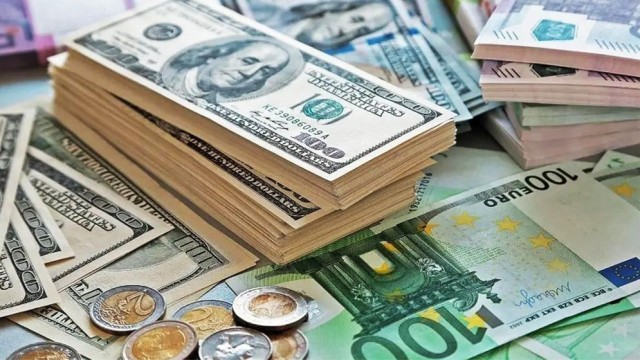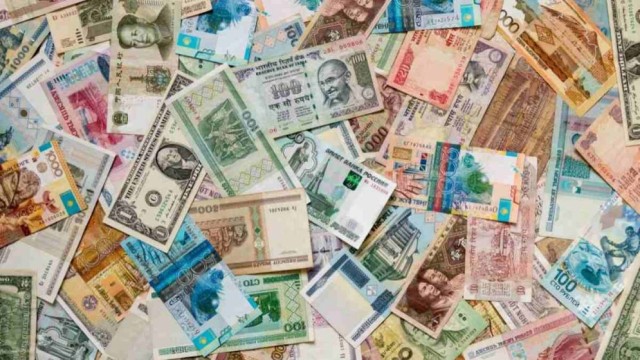"And wage increases can only be sustained by prolonged productivity increases -- challenging in a nation suffering demographic shrinkage"
In advance of the Bank of Japan's policy announcement next week, official statistics released on Friday indicated that consumer inflation in Japan decreased once more in December as a result of lower gas and electricity costs.
With the exception of erratic fresh food, prices in the third-largest economy in the world increased by 2.3 percent in December compared to 2.5 percent in November.
The number, which was down from 4.2 percent in January 2023, was in line with market estimates and carried on a general pattern of decreasing inflation over the previous year.
Even though inflation is still higher than the Bank of Japan's long-standing target of two percent, it is generally anticipated that the bank would maintain its monetary easing policies on Tuesday.
The BoJ has maintained its ultra-loose policy, which has put pressure on the yen, in contrast to other major central banks that have hiked interest rates.
The BoJ's inaction last month and lack of clarity on its intentions for the coming year caused the yen to weaken versus the dollar and increased stock prices.
For weeks, as bond yields edged beyond two percent, there had been conjecture that the bank might abandon negative interest rates and strict control over yields.
In order for the bank to sustainably meet its inflation objective, BoJ governor Kazuo Ueda has stated on numerous occasions that "a virtuous cycle of wages and prices" is essential.
Additionally, analysts think that there is now much less probability of a policy change coming up next month as a result of the catastrophic earthquake that struck central Japan on January 1.
As unions prepare for the yearly spring wage-hike negotiations, members of the Japan Business Federation are being urged to propose salary increases that surpass those of the previous year.
Nobuko Kobayashi, Asia-Pacific strategy execution head at consulting firm EY, stated that "Japan needs both wages and prices to increase in order to move into a period of sustained inflation."
"External factors, like global inflation, are driving price increases at the moment," she stated before to the release of the statistics on Friday.
"And wage increases can only be sustained by prolonged productivity increases -- challenging in a nation suffering demographic shrinkage."
Excluding energy and fresh food, Japan's costs increased 3.7%, which was also expected.
The Japanese yen has steadily recovered after falling to about 152 yen against the US dollar in late October as expectations that the BoJ may tighten its policies have grown.
Another significant reason that has caused the yen to weaken vs the US dollar is the difference in interest rates between Japan and the US.
This is anticipated to decrease since the US Federal Reserve has said it will eventually lower rates next year by holding rates stable following a protracted hiking program to combat inflation.
End//voice7news.tv






























Comment: